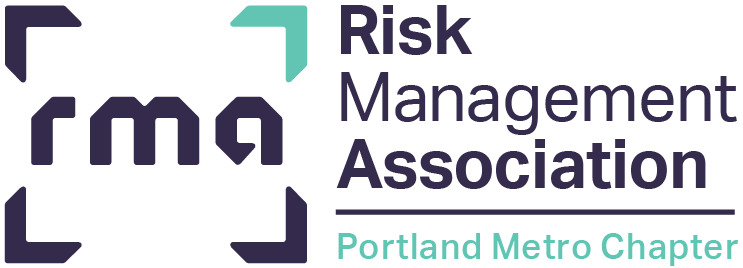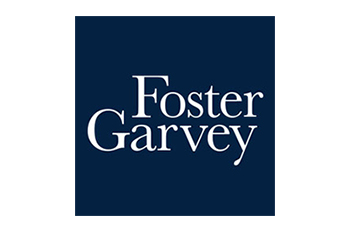Small businesses now have an ability to get a chapter 11 plan confirmed without any creditor voting in favor of its plan and with no ability for creditors to file competing plans under a new law effective February 19, 2020. The Small Business Reorganization Act of 2019 (“SBRA”) enables small businesses to essentially discharge their debt after making payments under a three to five-year plan like a chapter 12 or chapter 13 case. The debtor can keep its equity without paying its creditors’ claims in full or providing new value in consideration of keeping that equity under the SBRA. In other words, there is no absolute priority rule in a small business case where the debtor “opts-in” to subchapter V of chapter 11. As a result, it will be easier for businesses to confirm plans under the SBRA as opposed to traditional chapter 11 cases.
A “small business debtor” is a business with $2,725,625 in noncontingent debt (secured and unsecured) and includes individuals, partnerships and corporations. In addition to the debt limit, to be eligible, a debtor must (i) be engaged in commercial or business activities; (ii) have at least 50% of its debt generated from business and commercial activities; and (iii) not own single-asset real estate as its primary activity. Even if eligible, a filing chapter 11 debtor must elect to be treated as a subchapter V debtor; otherwise, the ordinary chapter 11 rules apply.
The new act allows for a streamlined confirmation process. The debtor must file a plan within 90 days after filing, except for extenuating circumstances for which the debtor is not “justly . . . accountable.” The contents of the plan are truncated, and no disclosure statement is required. There is no committee of unsecured creditors unless the court orders that one be convened for “cause.” While the debtor remains in possession and operates the business, a subchapter V trustee is appointed in each case and the trustee is to “facilitate the development of a consensual plan of reorganization.” That charge is unique. Nowhere else in the Bankruptcy Code is a trustee authorized (let alone charged) to help a debtor in possession develop a plan of reorganization. Some believe that the trustees’ role in subchapter V cases will be that of a financial advisor to the debtor or as a mediator between the debtor and its creditors.
If there is a consensual plan confirmation, then the trustee is terminated essentially upon confirmation of the plan. If there is a nonconsensual plan confirmation, then the trustee must make the plan payments under the confirmed plan. The small business debtor does not pay US Trustee quarterly fees, which is a big advantage to ordinary chapter 11 because the US Trustee fees have increased dramatically.
Lenders with individual debtors who have given their homes as collateral should be cautious because the new act allows debtors to modify the lien rights of those trust deed holders when the new value received was not used primarily to purchase the residence and was used primarily in connection with the small business of the debtor. However, debtors will not receive a discharge of debts on which the last payment is due after the first three years of the plan, or such other time not to exceed five years fixed by the court.
A fair amount of uncertainty about how creditors’ rights will be treated under subchapter V remains to be seen and it should garner lenders’ attention because eventually, the debt limit could be increased. We expect that many small business debtors will be taking advantage of the new law. Anecdotally, many businesses have been waiting to file until the SBRA went into effect.
About Tara Schleicher:
Tara serves as Chair of the Creditors’ Rights & Bankruptcy practice at Foster Garvey PC and is based in the firm’s Portland office. She has more than 20 years of experience providing clients with practical and efficient solutions to complex problems involving multiple parties with competing interests. Tara focuses her practice on the litigation needs of business clients and addressing insolvency-related matters in all forums, whether out of court, bankruptcy court, state and federal court or appellate court.
Holding her M.B.A. and J.D. from Willamette University and accreditation as a Business Bankruptcy Specialist by the American Board of Certification, Tara has the business acumen necessary to effectively handle complex litigation, receiverships, workouts, and any insolvency-related or commercial litigation matters for lender clients. She enjoys her work for lenders, both in Chapter 11 cases and litigation, because of the variety of industries, business issues and competing interests involved.
Tara enjoys hiking, traveling and watching her son play AAU and high school basketball.

